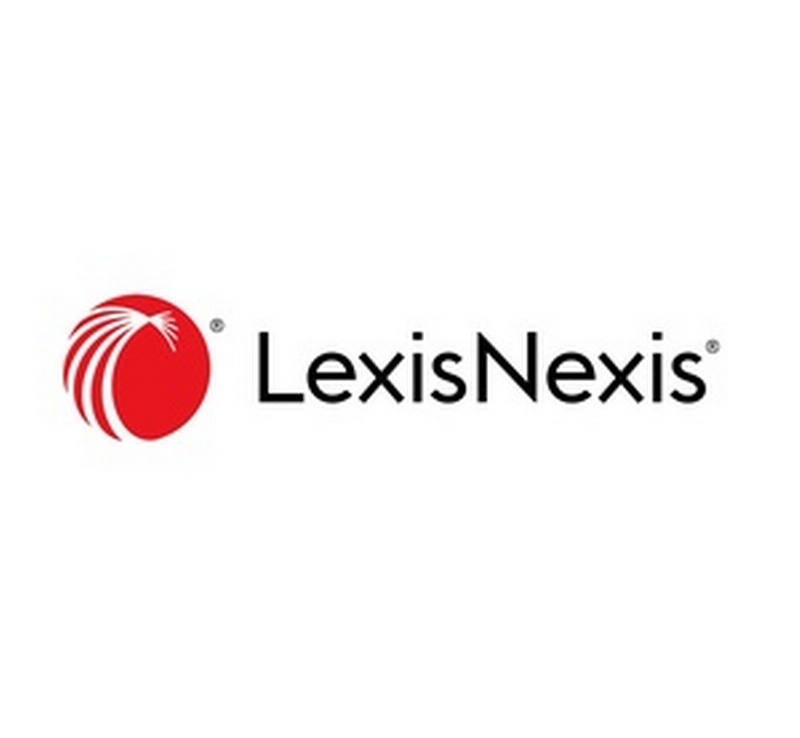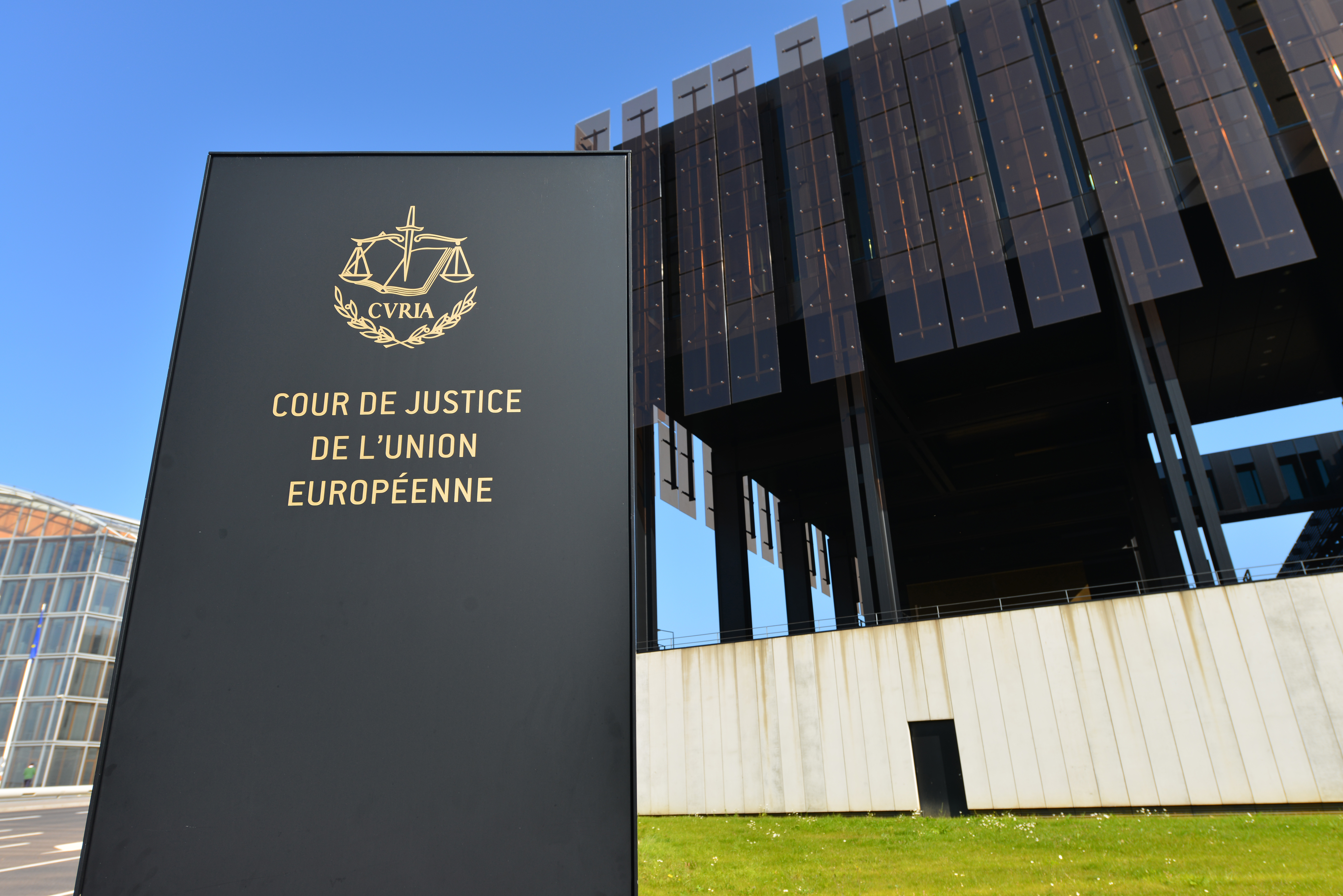Autoren
{"uuid":"7b2a8f0b73bf4827ae0d2001cbf98b59","username":"-Redaktion@autorenprofil.at","firstname":" ","lastname":"Redaktion","emailAddress":"-Redaktion@autorenprofil.at","created":"2020-07-28T16:06:44.777Z","edited":"2023-12-05T08:43:48.584Z","fullname":" Redaktion","salutation":"","pretitle":"","posttitle":"","companyname":"","companylink":"http://compliance.lexisnexis.at/Insider/unternehmen/Sonstige/LexisNexisOesterreich.html","premium":false,"website":"www.lexisnexis.at","vita":"Die LexisNexis Österreich & Compliance Praxis-Redaktion versorgt Sie regelmäßig mit aktuellen News und Informationen aus der Compliance-Welt. Unser Ziel ist es, Ihre tägliche Arbeit bestmöglich zu unterstützen. Bitte lassen Sie uns jederzeit Ihr wertvolles Feedback zukommen.","linkedin":"https://www.linkedin.com/company/lexisnexis-%C3%B6sterreich/","facebook":"https://www.facebook.com/LexisNexisAT","jet_abo":"","open":true,"opencompany":"LexisNexis Österreich","openemail":"kundenservice@lexisnexis.at","profilephoto":{"uuid":"46037a30930a4f62b6bd4469943497d2","path":"/782_632_LN_Logo_RGB_Primary_Full-Color_Positive.jpg","fields":{"name":"782_632_LN_Logo_RGB_Primary_Full-Color_Positive.jpg","description":"LexisNexis Österreich"}},"path":"https://www.compliance-praxis.at/Insider/Menschen/Person.html?pid=7b2a8f0b73bf4827ae0d2001cbf98b59"}
Die LexisNexis Österreich & Compliance Praxis-Redaktion versorgt Sie regelmäßig mit aktuellen News und Informationen aus der Compliance-Welt. Unser Ziel ist es, Ihre tägliche Arbeit bestmöglich zu ...
{"name":"Illumina’s EU court win sees judges stand up for dealmakers’ rights","contenttype":"text/html","templateName":"content-page","headmeta":"<meta charset=\"utf-8\">\n<meta http-equiv=\"X-UA-Compatible\" content=\"IE=edge\">\n<meta name=\"viewport\" content=\"width=device-width, initial-scale=1\">\n\n\n\n\n\n <title>Illumina’s EU court win sees judges stand up for dealmakers’ rights</title>\n \n <meta name=\"keywords\" content=\"Sanctions, Sanktionen, Export Compliance\"/>\n\n <meta name=\"description\" content=\"Mit dem Sieg von Illumina hat das oberste EU-Gericht die Rechte der Unternehmen und die „Anforderungen der Geschäftswelt“ im EU-Fusionskontrollsystem geschützt. Die Akteure im Handel applaudieren. Ein Artikel von MLex.\"/>\n\n <meta property=\"og:image\" content=\"/Themen/Internationales/Aktuell/AdobeStock_430421108_Editorial_Use_Only_nmann77.jpeg\"/>\n <meta property=\"og:image:height\" content=\"4912\"/>\n <meta property=\"og:image:width\" content=\"7360\"/>\n <meta property=\"og:title\" content=\"Sanctions & Export Compliance: Mit dem langen Arm der USA umgehen lernen\"/>\n <meta property=\"og:site_name\" content=\"CompliancePraxis\"/>\n <meta property=\"og:url\" content=\"/Themen/Internationales/Aktuell/Illumina-s-EU-court-win-sees-judges-stand-up-for-dealmakers.html\"/>\n <meta property=\"og:type\" content=\"website\"/>\n <meta property=\"og:locale\" content=\"de_DE\">\n <meta property=\"og:description\" content=\"Mit dem Sieg von Illumina hat das oberste EU-Gericht die Rechte der Unternehmen und die „Anforderungen der Geschäftswelt“ im EU-Fusionskontrollsystem geschützt. Die Akteure im Handel applaudieren. Ein Artikel von MLex.\"/>\n","title":"Illumina’s EU court win sees judges stand up for dealmakers’ rights","teaser":"Illumina’s victory today sees the top EU court safeguarding companies’ rights and the “requirements of the business world” in the EU’s system of merger control. Dealmakers are applauding.","pagecontent":"<p class=\"\"><i>Dieser Artikel wurde am 3.9.2024 bei MLex veröffentlicht. MLex ist ein Nachrichtendienst von LexisNexis mit globalen News & Analysen zu regulatorischen Pflichten. Der Artikel wird derzeit allen Leser:innen kostenfrei zur Verfügung gestellt.</i></p><p class=\"\" style=\"\">The Court of Justice decided that in the European Commission’s fervor to capture potentially harmful deals, it had upset the balance of M&A regulation and the “effectiveness, predictability and legal certainty that must be guaranteed to the parties to a concentration.”<br style=\"\"><br>The judgment will be read with relief by companies and their advisers that have been railing against the jeopardy introduced by the commission in 2021 with its new policy of capturing deals that weren’t notified for review in member states, but which could still be sent to Brussels.<br><br>For dealmakers, the judgment reads like a dream. The court emphasized that the bloc’s merger law had established an “effective and predictable” control system, taking into account the need for “legal certainty” and based on a principle of having transactions reviewed simply and in the most appropriate place.<br><br>For that to work, there has to be a “clear allocation” of the powers assigned to the commission and national authorities, and a “precise definition” of the notification and suspension conditions, judges said. Provisions that limit the duration of an investigation also play a role in legal certainty and companies’ rights.<br><br>In 54 pages of legal reasoning, those corporate rights came out on top, and the court dismissed the regulator’s attempt to plug gaps in the system with a novel interpretation of the referral power contained in Article 22.</p><h2>Thresholds, timelines</h2><p class=\"\">Lawyers versed in the nuts and bolts of merger review will be popping champagne corks as the court put great store in the administrative mechanics of the merger rules. The numeric thresholds to review deals — and the timelines to complete the work — are what give the law its predictability. Don’t mess with them.<br><br>Turnover thresholds are of “cardinal importance,” the court said. It called them “an important guarantee of foreseeability and legal certainty for the undertakings concerned, which must be able easily and quickly to identify to which authority they must turn, and within what time limit and in what form.”<br><br>In contrast, the commission's new interpretation of Article 22, which includes approaching national competition authorities informally, “would be particularly difficult to define [and] would not be consistent with the objective of that regulation of taking into consideration the need of undertakings for legal certainty.”<br><br>The judgment hammers home the importance of a workable system for companies facing reviews. They need to know what kind of transactions face scrutiny, where it will happen and for how long. Deploying Article 22 in the commission’s mold jeopardizes that. <br><br>So, where does the regulator go from here? </p><h2>Changes needed</h2><p class=\"\" style=\"\">Judges told the commission that if it wanted to plug a perceived gap, Article 22 wasn’t the answer. But there are other ways.<br><br>First, the court pointed to a “simplified mechanism*” for changing the “thresholds and criteria” that define the law’s scope. Using this avenue doesn’t trigger a requirement for unanimous agreement among all states. Judges mention this option twice in their judgment, possibly dropping a strong hint for the bloc’s legislators. <br><br>But dropping the thresholds would mean more transactions are caught by the obligation to notify. Traditionally, the commission has opposed this, saying it would be tantamount deploying a huge trawler net to catch the occasional minnow. <br><br>If the EU regulator doesn’t want to touch the thresholds, it could turn to the national enforcers and ask them to lower theirs.<br><br>There is a third way in the court’s judgment, but it gets the briefest of mentions: the power for a national enforcer to police a non-notifiable merger under rules on abuse of a dominant position.** The commission has always turned its nose up at this option, saying it was a cumbersome recipe for uncertainty. <br><br>While it admitted Article 22 was an “imperfect” solution, it said it was the least burdensome option available. But none of the alternatives flagged by the court today will make welcome reading in commission HQ. <br><br>One of the first jobs for the new EU competition commissioner — slated to replace Margrethe Vestager later this year — will be to decide whether to change the EU’s traditional merger powers to catch new corporate dealmaking strategies — or sit tight and hope that the national regulators slowly plug the gap. <br><br>Today, Vestager noted that some countries had begun changing their own national regimes and this had yielded “more extensive” powers to capture killer acquisitions. <br><br>In particular, regulators in Denmark, Hungary, Ireland, Italy, Latvia, Lithuania, Slovenia and Sweden now all have special powers to call in transactions that catch their eye, even if they are too small to be notified, and can in theory now refer any deal up. <br><br>The commission may hope that others will follow suit.<br><br>The case references are C-611/22 P and C-625/22 P, Illumina v. Commission and Grail v. Commission, appeals of case T-227/21.<br><br><i>* Article 1(5) of the EU's merger law, Council Regulation 139/2004</i><br><i>** TowerCast, C-449/21<br><br><i>Dieser Artikel wurde am 3.9.2024 bei MLex veröffentlicht. MLex ist ein Nachrichtendienst von LexisNexis mit globalen News & Analysen zu regulatorischen Pflichten – <a target='_blank' rel='noopener' href=\"https://www.lexisnexis.at/mlex/\">jetzt kostenfrei testen</a>.</i><br></i></p>","sidecolumn":null,"storiesmain":null,"storiesoverview":null,"headerimage":"<div class=\"card content-teaser clearfix \">\n <img src=\"/Themen/Internationales/Aktuell/AdobeStock_430421108_Editorial_Use_Only_nmann77.jpeg\" class=\"card-img\" alt=\"European Court of Justice , © Adobe stock nmann77\">\n <div class=\"\">\n <div class=\"card-img-overlay\" title=\"© Adobe stock nmann77\">\n <div class=\"card-header bg-white rounded-0 border-0 col-12 col-sm-11 col-md-8 col-lg-6\">\n <h1 class=\"card-title color-black\">Illumina’s EU court win sees judges stand up for dealmakers’ rights</h1>\n </div>\n </div>\n </div>\n</div>\n","headertitle":"","stoerercontainer":null,"stoerercontainer2":null,"stoererwerbebanner":"","insiderheads":null,"overviewunternehmenimage":null,"overviewunternehmentitle":null,"buttonviewall1":null,"buttonviewall2":null,"superelement":null,"topstory":null,"netzwerkpartnerlogoleiste":"","metadata":"<div class=\"info\"><eval>>partials/themes-startpage/newsauthors data=(renderNewsAuthors \"26:-Redaktion@autorenprofil.at\" userinfo)</eval>\n<br>25. September 2024</div>","footnotes":"<div class=\"footnote v-spacer footnote-editor-preview d-none\"></div>\n","eventsmain":null,"eventsoverview":null,"eventsoverviewjson":null,"event":"","eventdates":"","footer":"<footer class=\"d-flex flex-column flex-xl-row\">\n\t<span class=\"sr-only\">Footer</span>\n\t<ul class=\"nav footer-nav flex-row pb-4 pb-xl-0 w-100\" id=\"footernavigation\" role=\"navigation\">\n\t\t\t\t\t\t\t</ul>\n\t<div class=\"copyright flex-md-shrink-1 text-left text-md-right\">\n\t\t\t\t<img src=\"/static/compliance_praxis/files/images/LexisNexis.png\" alt=\"LexisNexis\">\n\t\t<p></p>\t</div>\n</footer>\n","footerglobal":"<eval>{cpConfigLoader \"global\" \"footer\"}</eval>","footerjson":null,"onetrust":null,"ogimagefallback":null,"ogimagefallbackheight":null,"ogimagefallbackwidth":null,"cpcouponlist":null,"taggedthemes":["Trade Compliance","Kartellrecht","Wirtschaftsrecht","Compliance Organisation","Compliance Officer"],"taggedcategories":["Internationales"],"taggedorganizers":[],"taggedexhibitors":[],"taggedlecturers":[],"taggedmoderators":[],"taggedparticipants":[],"taggedauthors":["26:-Redaktion@autorenprofil.at"],"taggedmagazine":[],"taggedmagazinepage":"","taggedadvertorial":[],"taggingcontainer":null,"authorsdetails":"<div><eval>>partials/content-page/authorsdetails</eval></div>","participantsdetails":null,"contactsdetails":null,"portalapp":"cpshop,cprelatedarticles,","sidecolumninsider":null,"sidecolumnthemen":null,"sidecolumnevents":null,"sidecolumnglobal":"\t","sidecolumntop":"<div class=\"row\"></div>","sidecolumnbottom":"<div class=\"row\"><div style=\"margin-left:25px; margin-right:25px;\">\n<a href=\"https://www.lexisnexis.at/mlex/?utm_source=digital&utm_medium=banner&utm_campaign=CoP_July\" target=\"_blank\">\n<img src=\"https://www.compliance-praxis.at/Themen/Compliance-Praxis-Banner-MLex-(Mann).gif\" style=\"max-width: 100%; height: auto;\"></a>\n<p style=\"font-size:12px; text-align: right!important; margin-bottom:50px;\">WERBUNG</p>\n</div><div class=\"stoerer col-12 col-sm-6 col-lg-6 col-xl-12 h-auto\">\t<a href=\"https://www.lexisnexis.at/lexisplusai_insider/?utm_source=cop&utm_medium=banner&utm_campaign=insider_cop_aktuelles_und_meinung\">\t\t\t<div class=\"card text-center lazy\" style=\"background:transparent url(https://www.compliance-praxis.at/GenticsImageStore/458/auto/prop/Banner_klein_Cop_Lexis-AI_B.jpg) repeat-x top left;overflow:hidden;\">\n\t\t\t<img src=\"https://www.compliance-praxis.at/GenticsImageStore/458/auto/prop/Banner_klein_Cop_Lexis-AI_B.jpg\" class=\"card-img\" alt=\"${backgroundimage.object.alt}\">\n\t\t</div>\n\t\t<div class=\"smallfont text-uppercase v-spacer text-right\">Werbung</div>\n\t\t</a></div></div>","premium":false,"oecov":null,"textimage":null,"upcompanytaggedevents":null,"upcompanyadvertorialarticles":null,"personprofile":null,"cms_id":12447,"usermodule":null,"cpuseraccount":null,"meshroles":["anonymous"],"taggingusers":null,"magentoshopapp":"\n"}

